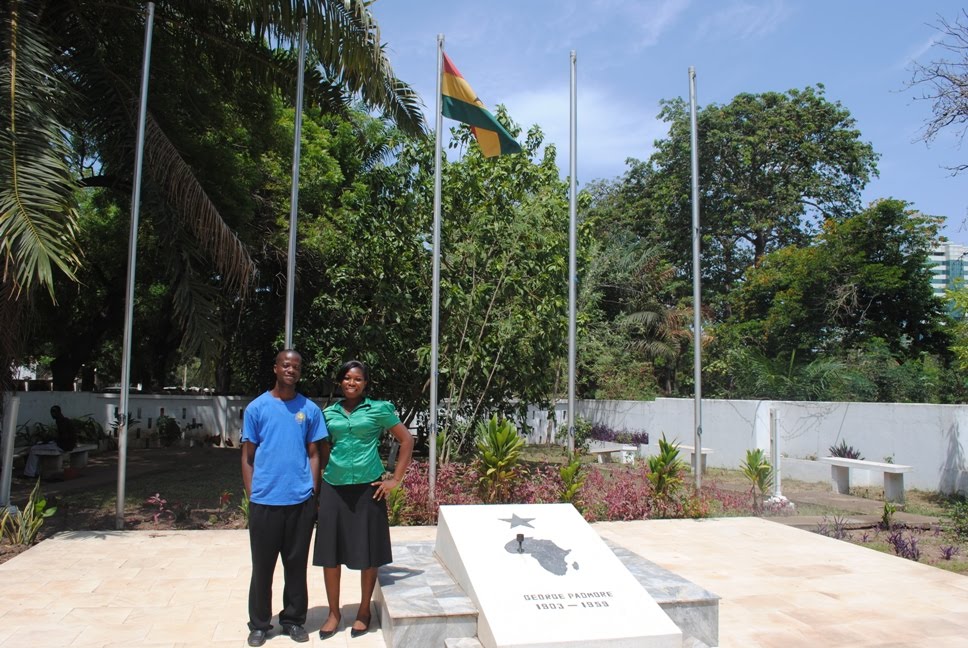
George Padmore
George Padmore was born Malcolm Nurse in 1901 in Trinidad and moved to the United States in 1925 to study. A journalist, radical activist, and theoretician, Padmore did more than perhaps any other single individual to shape the theory and discourse of Pan-African anti-imperialism in the first half of the twentieth century.
In 1931, he published the influential pamphlet, The Life and Struggles of Negro Toilers. In 1933, the Comintern suspended publication of the Negro Worker and disbanded the Trade Union Committee of Negro Workers, prompting Padmore to split acrimoniously with the Party.
In subsequent years Padmore would become a fervent anti-Communist, denouncing the Comintern’s alleged manipulation of black freedom struggles in his 1956 book Pan-Africanism or Communism? However, throughout his life, he continued to unite with activists and trade unionists on the radical left around the issue of anti-colonialism.
George Padmore spent his final years in newly independent Ghana as an advisor and mentor to Prime Minister Kwame Nkrumah. He died in London in 1959 and his ashes were returned to Ghana to the Christiansborg Castle.
His remains are now buried in a tomb behind the George Padmore Research Library of African Affairs in Accra.

Photo: http://oclfvolunteer.blogspot.com/2010/05/padmore-library.html









